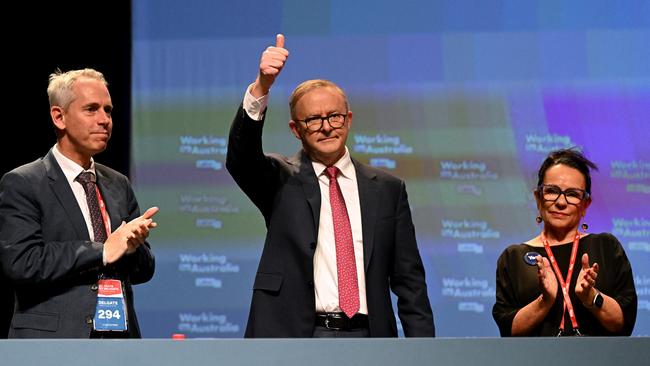
Partly as a result of the absence of Carleton’s well-researched 60 Minutes questioning, and the curbing of debate on Facebook by so-called “fact checkers,” the No campaign is at a distinct disadvantage. If, as a result, the Yes vote win, our High Court judges will need to make decisions without precedent in Australia and possibly the world.
The scene is set by a legal opinion produced by Stuart Wood KC and leading barristers Paul Jeffreys and Jakub Patela who state that “the government’s proposed question misleads and misinforms voters about what they are being asked to approve.”
Clearly it will be difficult for the High Court to make clarification rulings in advance of the referendum, so today I will bring back the techniques of the late Richard Carleton to expose the truth, albeit I will not reach his standard.
Over the weekend I watched last week’s 60 Minutes program on the Voice which would been perfect environment to display the skills of Richard Carleton. Naturally, prior to the interview Carleton would have read the full Uluru 26 page statement which the PM had undertaken to embrace in full if the “Yes” vote succeeds.
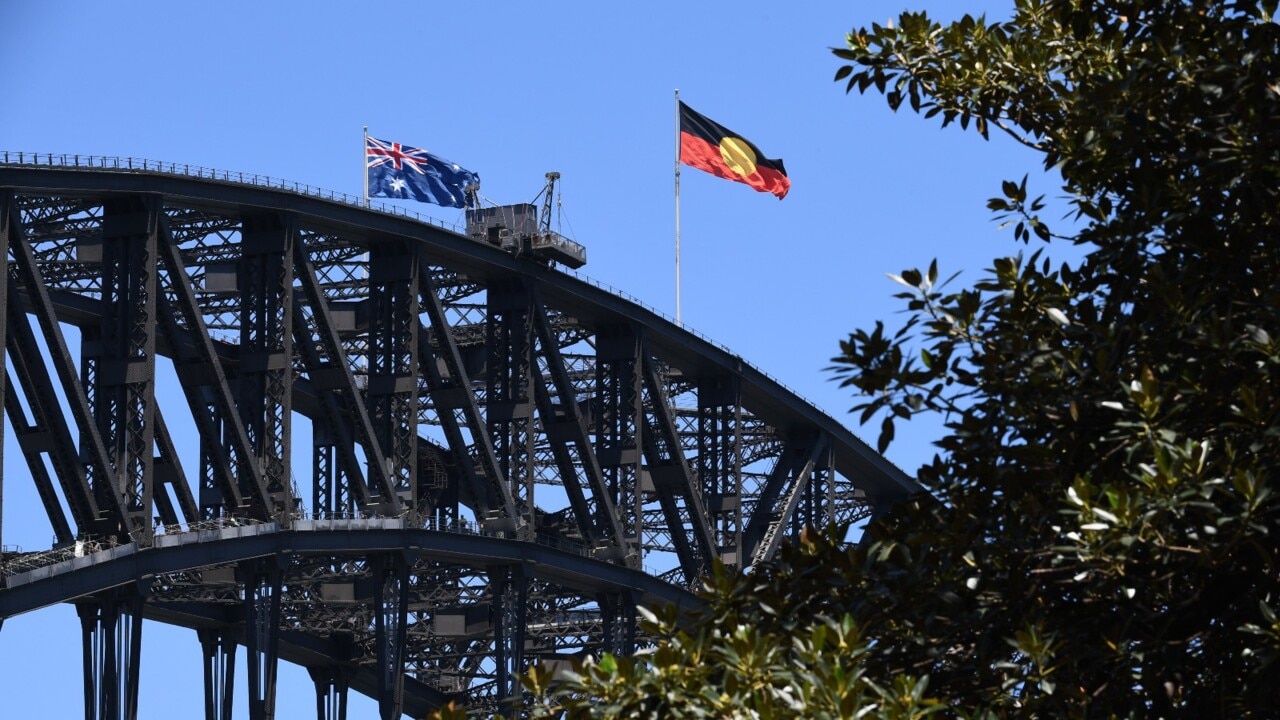
The Prime Minister accurately told 60 Minutes the referendum proposal had come from the Aboriginal and Torres Strait Islander community themselves.
Carleton would have immediately seen the opening and asked the PM whether he agreed with most of what was said in those 26 Uluru pages. And Anthony Albanese would have told Carleton that he had never read it (Three days later 3AW radio commentator Neil Mitchell asked that same question and was told by the PM that the detailed Uluru statement was not on his reading list).
Richard Carleton would have leaned back in his chair and with a wry smile, said something like this: “I realise you are busy Prime Minister, so let me summarise what the Uluru statement demands: that the Voice body deliver, remembering this is not a one page scrap of paper but 26 pages of carefully prepared text that closely follow the instructions of dialogues held with Aboriginal and Torres Strait Islander people around the country. It’s a remarkable document.
“It expresses hostility to the non-Aboriginal people who have come to Australia since Captain Cook and claims ‘our sovereignty’ has never been ceded.
“The Uluru statement, which you vowed to embrace in full without reading, demands The Voice body be ‘a pathway to recognition of sovereignty’ and the vehicle to achieve ‘self-determination, autonomy and self-government’ plus a financial settlement such as a percentage of GDP” Carleton tells the PM
We will not speculate on the PM’s reply.
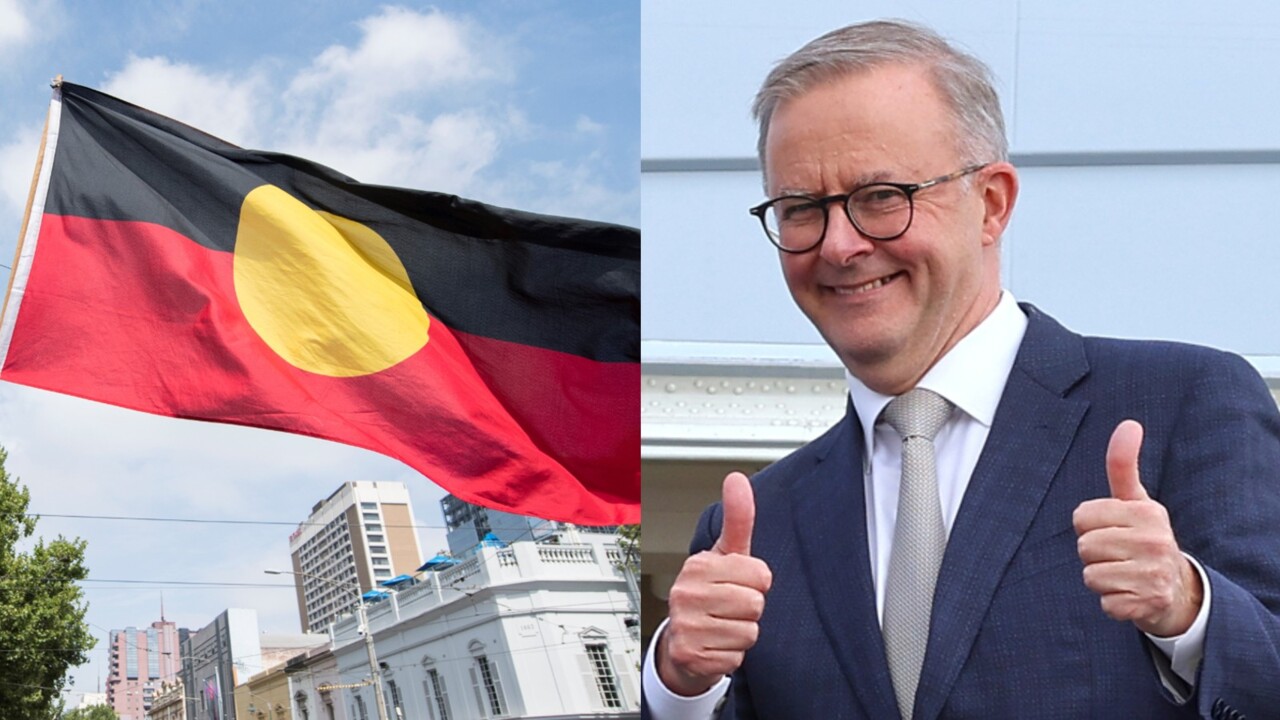
Also on 60 Minutes an aboriginal leader said the Voice would make much better recommendations for Aboriginal people than the current systems and that the advisory body could only make representations to parliament and not make decisions.
Again Carleton’s wry smile would emerge: “Sir, are you aware that that many of Australia’s called top constitutional experts say that the body’s ability to make representations covers almost all matters and is not confined to those that specifically concern aboriginal and Torres Strait people.
“Would you agree to change the wording so it clearly states that representations are restricted to issues that solely impact Aboriginal and Torres Strait Islander people?”, Carleton asks.
I won’t speculate on the exact answer but in essence it would be “No!”
Carleton continues: “Sir are you aware that in addition to making representations to parliament the body will be able to make representations to the public service and given that its powers are likely to cover all matters then the Voice will have the power to make endless public service representations to completely clog the business of government and make the nation ungovernable.and force it to deliver the aims of the Uluru statement?” Carleton asks.
Lets not speculate on the answer.
Carlton might conclude the program with a statement along these lines: “Not only does the Uluru statement carefully set out what the Aboriginal and Torres Strait people expect from the Voice but the wording of the referendum has the potential to deliver the power to deliver those aims, including reparations. Anthony Albanese will have honoured his promise to Aboriginal and Torres Strait Islander people.
“Any reparations will make Aboriginal and Torres Strait people much richer and people like me without that heritage much poorer. But maybe that is how it should be,” Carleton concludes
The fate of the nation rests with the High Court of Australia. It will need to determine just what powers a yes vote delivers. The High Court’s task is to make decisions on the basis of the law and the constitution and not the financial distribution of prosperity in the nation.
It will be dealing with a referendum where all Australians expressed their opinion. That’s why the absence of Richard Carleton style TV interviewers and “No” case censorship on social media plus almost unlimited money from large companies and the government means the Yes campaign is not beaten yet.


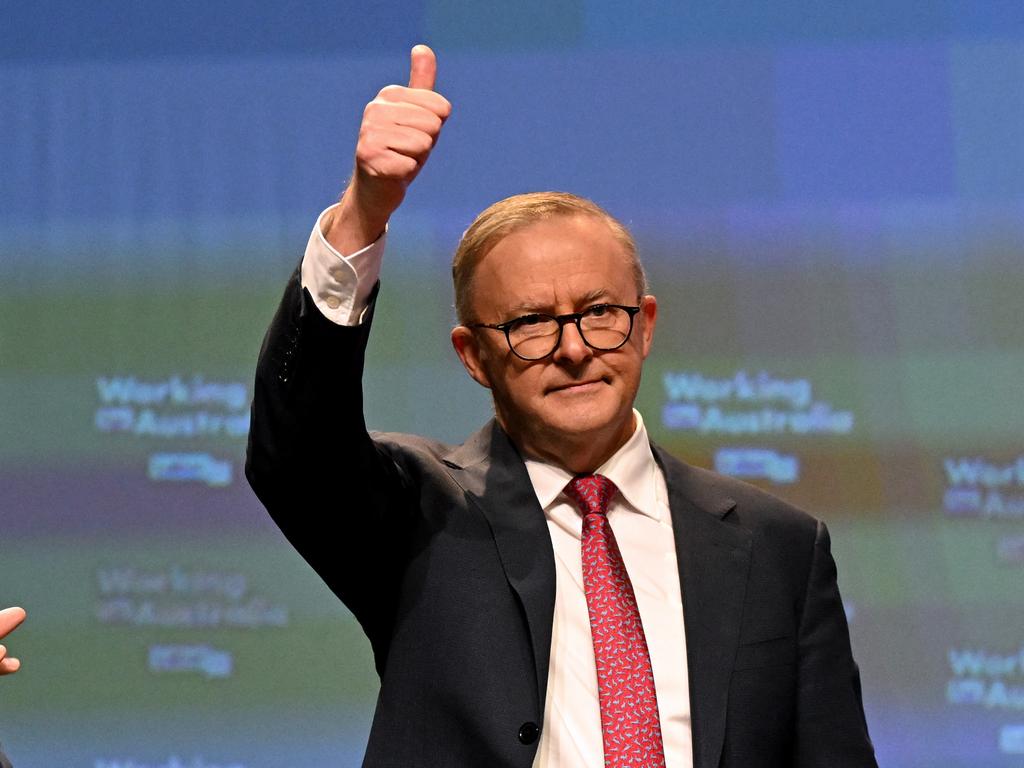


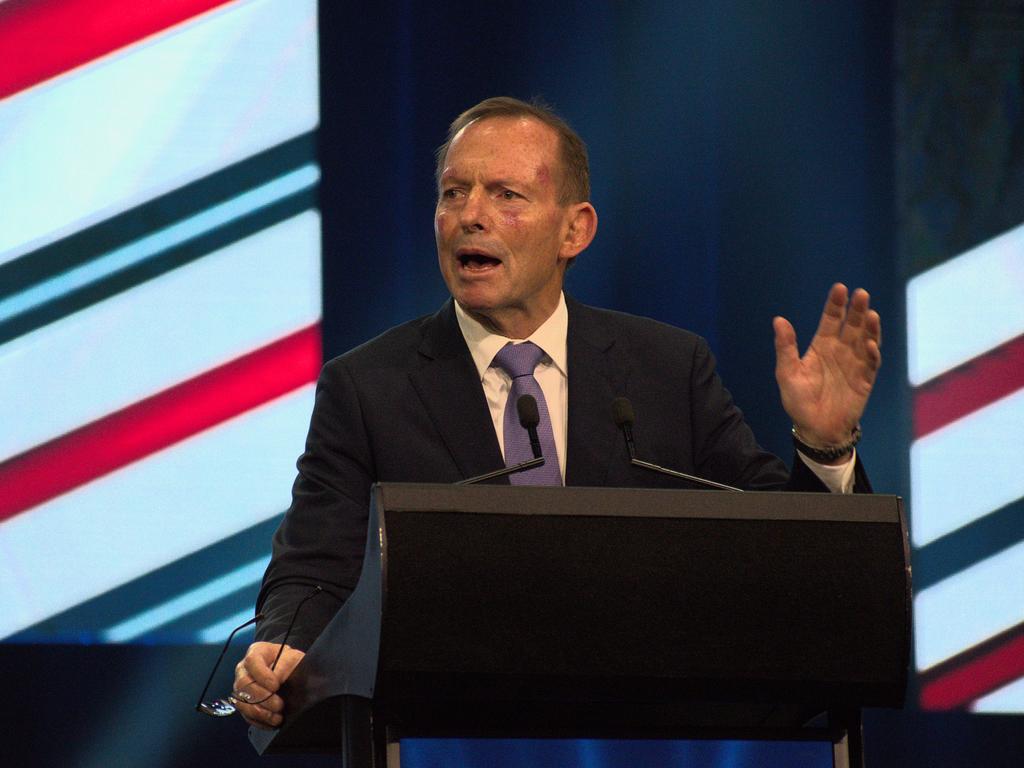


The Voice debate is missing the TV journalistic talents of interviewers like the late Richard Carleton on current affairs programs like 60 Minutes.